How To Deal With An Excessive Oily Nose: Tips And Remedies
Manage greasy nose and prevent it with simple and effective home remedies.
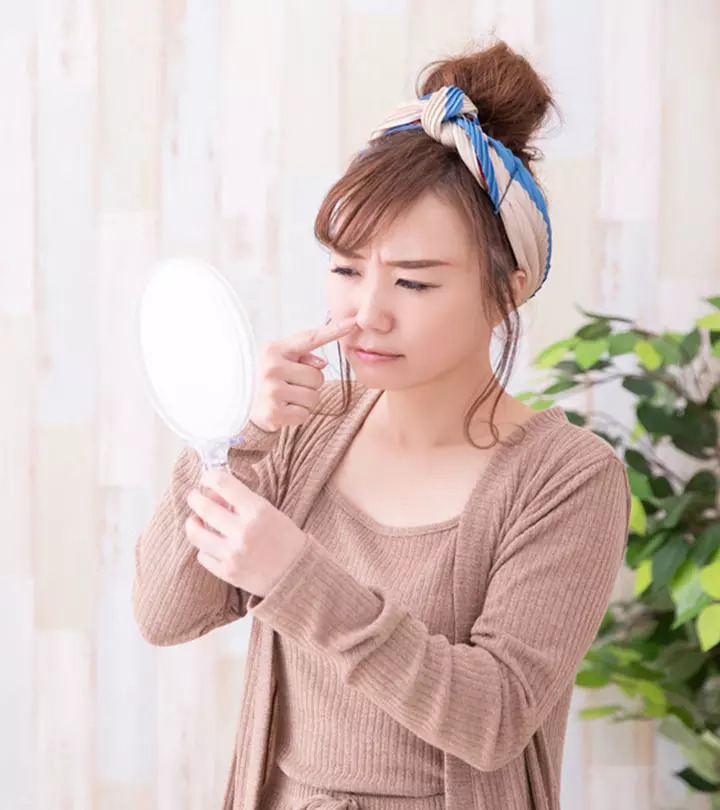
Image: Shutterstock
If you’ve ever wondered ‘Why is my nose so oily?’, you are not alone. An oily nose is a common issue. It is the result of excessive sebum production in that area. Multiple genetic and hygiene factors can contribute to this issue. However, you are not alone. A greasy T-zone is a common problem for many people, particularly for those with oily or combination skin. In this article, we explore the causes of an oily nose and how to treat it. Keep reading!
In This Article
Why My Nose Is So Oily? What Are The Causes?
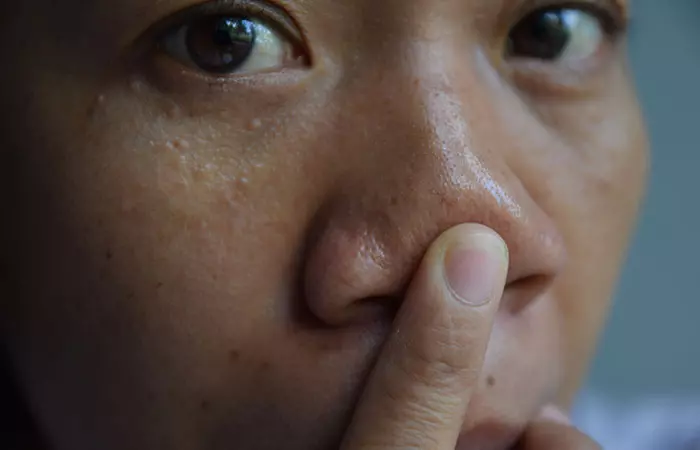
Your nose turns oily when the sebaceous glands on the skin produce excessive oil. Usually, this issue is more evident in oily skin types. People with oily skin have overactive sebaceous glands and may have large pores on the nose and the entire T-zone. As a result, the entire T-zone, especially the nose, may appear oily.
Several other factors may be responsible for your oily nose. They are:
- Ovulation In Premenopausal Women: Sebum production increases during ovulation(1).
- Environment And Climate: Your nose may turn oily during summers, especially if you live in a hot and humid area (1).
- Diet: A typical western diet that includes dairy products, meat, alcohol, and sugar influences sebum production (2).
- Growth Hormones: The growth hormones released by the pituitary gland may increase sebum secretion (3). If you are an adolescent or an athlete who takes growth hormones along with other steroids, you may experience an oily nose.
While you may get an oily nose any time during the day, it is annoying to discover a super shiny and slippery nose right after you wake up!
While you cannot control the pore size as it is genetically predetermined, you can try various methods to control the oiliness on your nose.
How To Manage An Oily Nose
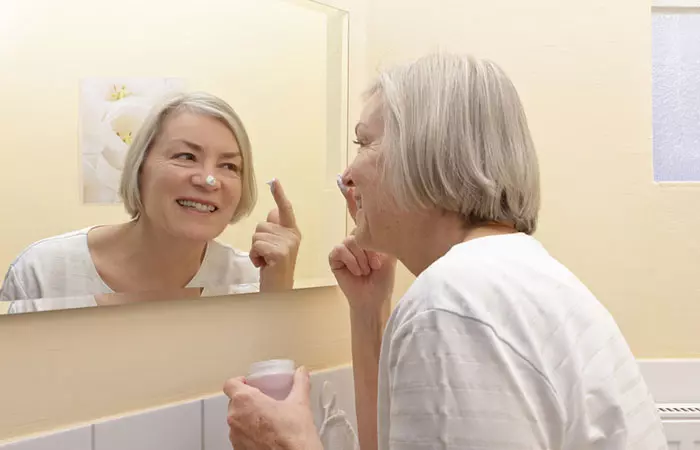
Topical Remedies
1. Retinoids
Topical retinoids (derivatives of vitamin A) can reduce the proliferation of sebocytes and control sebum production. Retinoids like tretinoin and tazarotene effectively reduce facial pore size, thus controlling sebum production.
A study was conducted on 793 participants with moderate-to-severe acne to determine the effects of tazarotene 0.045% lotion on skin oiliness. The study found that 70% of the participants saw an improvement in their skin oiliness. Furthermore, the use of tazarotene 0.045% lotion resulted in more than a 55% reduction in lesion counts after 12 weeks.
Though further studies are required to prove the sebosuppressive effects of retinoids, you may talk to your doctor and try using OTC retinoid products (1).
2. Green Tea
Studies have shown that 3% of green tea emulsion could reduce sebum synthesis in eight weeks. You can use topical cosmeceuticals having green tea as an ingredient to reduce the oiliness on your nose (1).
Here are a few home remedies you may try to control the shine and oiliness on your nose. These homemade scrubs and masks may help remove excess sebum and dirt from the nose, minimize the pore size, prevent blackheads, and control excess oiliness.
Home Remedies For Oily Nose
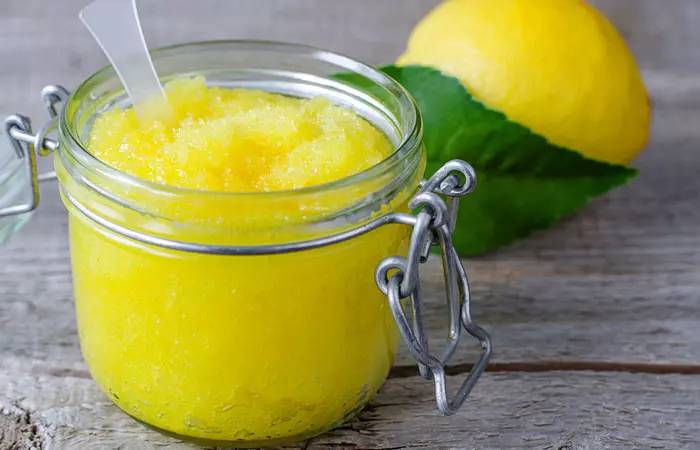
1. Lemon And Sugar Scrub
Ingredients
- 2 tablespoons of sugar
- 4 tablespoons of lemon juice
Directions
- Mix the ingredients thoroughly and apply the mixture to your nose.
- Massage in circular motions for 1-2 minutes.
- Leave it on for about 2-3 minutes.
- Rinse off with warm water and pat dry.
 Quick Tip
Quick Tip2. Honey And Almond Scrub
Ingredients
- 4-5 almonds
- 2 tablespoons of honey
Directions
- Crush the almonds and mix the powder with honey to form a paste.
- Apply this paste to your nose and massage gently for 1-2 minutes.
- Leave it on for about 20 minutes.
- Rinse off with water and pat dry.
3. Apple Cider Vinegar And Water Toner
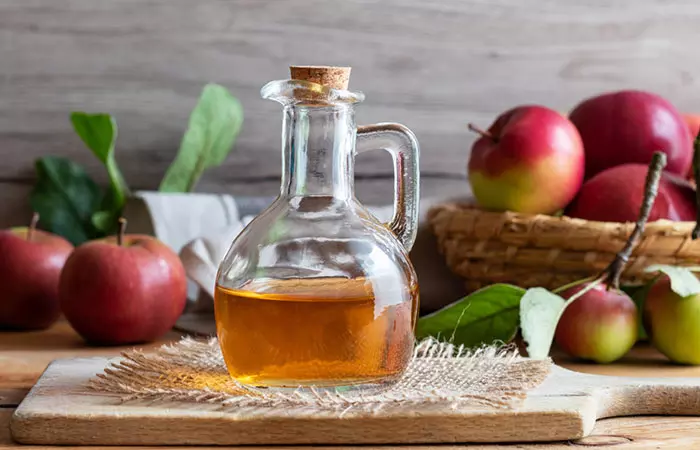
Ingredients
- 3 tablespoons of apple cider vinegar
- ½ cup of filtered water
- Cotton ball
Directions
- Dilute the ACV with water.
- Use the cotton ball to apply it to your nose.
- Leave it on for about 15 minutes.
- Rinse off with water and pat dry.
4. Fuller’s Earth And Sandalwood Mask
Ingredients
- 1 tablespoon of sandalwood paste
- 1 tablespoon of Fuller’s earth
- Rose water
Directions
- Mix the ingredients in a small bowl to form a paste.
- Apply it to your nose and let it dry for 10-20 minutes.
- Rinse off thoroughly with lukewarm water.
- Use this paste twice a week.
 Quick Tip
Quick Tip5. Yogurt And Tomato Mask
Ingredients
- 1 small tomato
- 2 tablespoons of yogurt
Directions
- Mash the tomato and strain the pulp.
- Mix the pulp with yogurt and apply it to your nose.
- Leave it on for about 15 minutes.
- Rinse off with warm water, followed by cold water.
- Use this mask twice a week.
6. Oats And Tomato Scrub
Ingredients
- 1 medium-sized tomato
- 2 tablespoons of powdered oats
Directions
- Mash the tomato and mix it with the oats.
- Apply this scrub to your nose and massage for 2-3 minutes.
- Wash off with normal water and pat dry.
- Use this mask twice a week.
These home remedies may help reduce the oiliness temporarily. However, home remedies are not enough when dealing with an oily nose. You also have to take preventive measures.
Caution: For people with sensitive skin, excessive sun exposure, and conditions like rosacea, using these home remedies may lead to skin rashes.
Tips To Prevent An Oily Nose

1. Avoid Washing Your Face Repeatedly
Frequent washing strips the natural oils from your face. Initially, your skin may feel squeaky clean, and tight. However, it will also produce more oils to combat this dryness. As a result, your skin may turn excessively oily. Always wash your face not more than twice a day.
2. Avoid Using Harsh Ingredients
Harsh chemicals like drying alcohol and artificial preservatives may cause excessive dryness and trigger the skin to produce excess oil. Always use a gentle and mild cleanser that does not contain alcohol and other harsh chemicals. If you have oily and acne-prone skin, you may use foaming face washes with salicylic acid.
3. Follow A Skin Care Routine
Follow a basic cleansing toning and moisturizing routine every day to get rid of oily skin. Use serums, essences, and emulsions for your skin type. If you have oily skin, moisturize it with an oil-free moisturizing lotion/serum (if needed). This will prevent the skin from producing excess oil.
4. Opt For Oil-Free Makeup
Go for oil-free foundations that give a matte finish. If you have oily skin, you may try the stick foundation instead of the liquid ones. Also, avoid using heavy makeup to avoid clogging the pores, which can lead to clogged pores on the nose. You may use setting powders or no-sebum mineral powders to set your makeup and prevent oiliness. Always remove your makeup before hitting the bed to allow your skin to breathe freely.
5. Drink Plenty Of Water
It is important to keep your skin hydrated from within. Dehydrated skin ends up producing excess sebum to keep itself moisturized. That is why drink plenty of water to stay hydrated.
6. Take Care Of Your Diet
Avoid consuming processed foods, oily foods, fast foods, dairy, alcohol, and sugary beverages that can aggravate your oily nose problem. Consume a healthy diet that contains fruits, vegetables, meat, eggs, and whole grains.
7. Reach Out To A Dermatologist
If your oily nose problem seems to intensify, you can reach out to a dermatologist and seek professional advice. Your dermatologist will be able to prescribe a proper course of treatment based on your specific condition. Knowing about your skin functions can help you deal with your oily nose issue.
Infographic: 5 DIY Scrubs And Masks To Manage An Oily Nose
Excess sebum production in the T-zone causes an oily nose. It is common in those with oily or combination skin, as they have large pores in the T-zone. While you can’t do anything about the pore size, you can definitely control the excess sebum production with natural home remedies. Check out the infographic below to learn about the 5 scrubs and masks to deal with an oily nose.
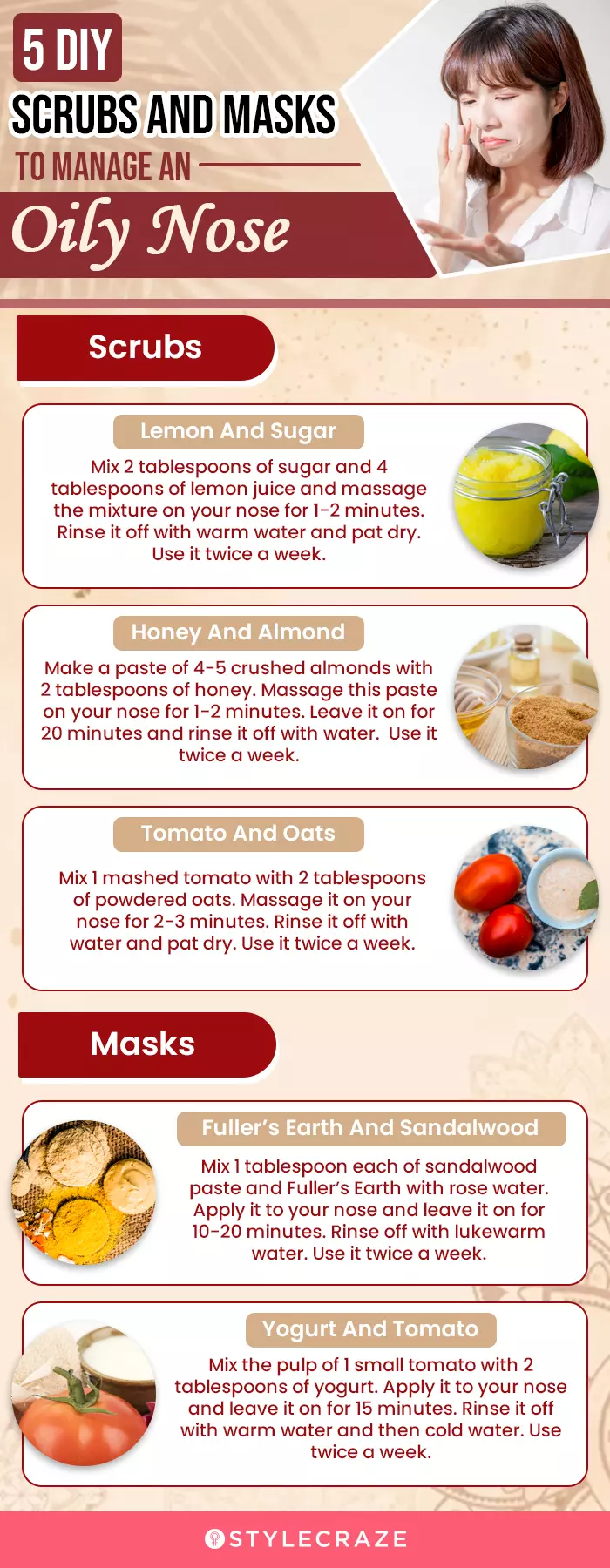
Illustration: StyleCraze Design Team
In Conclusion
An oily nose is a common skin issue faced by many, especially those with oily skin. While you cannot shrink your pores overnight or eliminate the grease like magic, you can take measures to regulate the sebum production. A good and committed skin care routine for oily skin can help you deal with an oily nose to a great deal. Follow the tips discussed in the article to keep your skin clear and reduce greasiness.
Frequently Asked Questions
What type of skin do I have if my nose is oily?
If you have an oily T-zone and cheeks, your skin is oily. However, an oily T-zone and dry cheeks mean you have a combination skin type.
How often should I exfoliate my oily nose?
Exfoliate your oily nose note more than once a week.
What are the best skin care products for reducing oiliness on the nose?
A lightweight moisturizer with a hydrating ingredient. Just because the skin is oily doesn’t mean it is hydrated. Exposure to UV light may increase sebum protection, thus it is mandatory to use sunscreen with an SPF of more than 30.
What are the benefits of using oil-absorbing sheets on an oily nose?
Oil-blotting papers remove excess oil from the face, but they do not remove it from the nose or get to the root of the cause. These papers provide temporary relief and prevent excess oil on the face from smudging the makeup.
What are the long-term effects of having an oily nose if it’s left untreated?
Applying makeup on oily skin or nose is a real challenge. Due to the large pores on the skin, the glands release more sebum and make it difficult for the makeup to set. Moreover, excess oil attracts dirt and pollutants, which clog the pores and lead to acne, pimples on the nose, or breakouts.
Key Takeaways
- Individuals with oily skin have overactive sebaceous glands and large pores on the nose that could make it appear oily.
- Retinoids and green tea can help manage an oily nose.
- Home remedies include lemon sugar scrub, almond honey scrub, apple cider vinegar toner, fuller’s earth, and sandalwood mask.
- Avoid overwashing the face or using harsh or oil-based skin care products to prevent an excessively oily nose.
Illustration: How To Manage An Oily Nose: Tips And Remedies
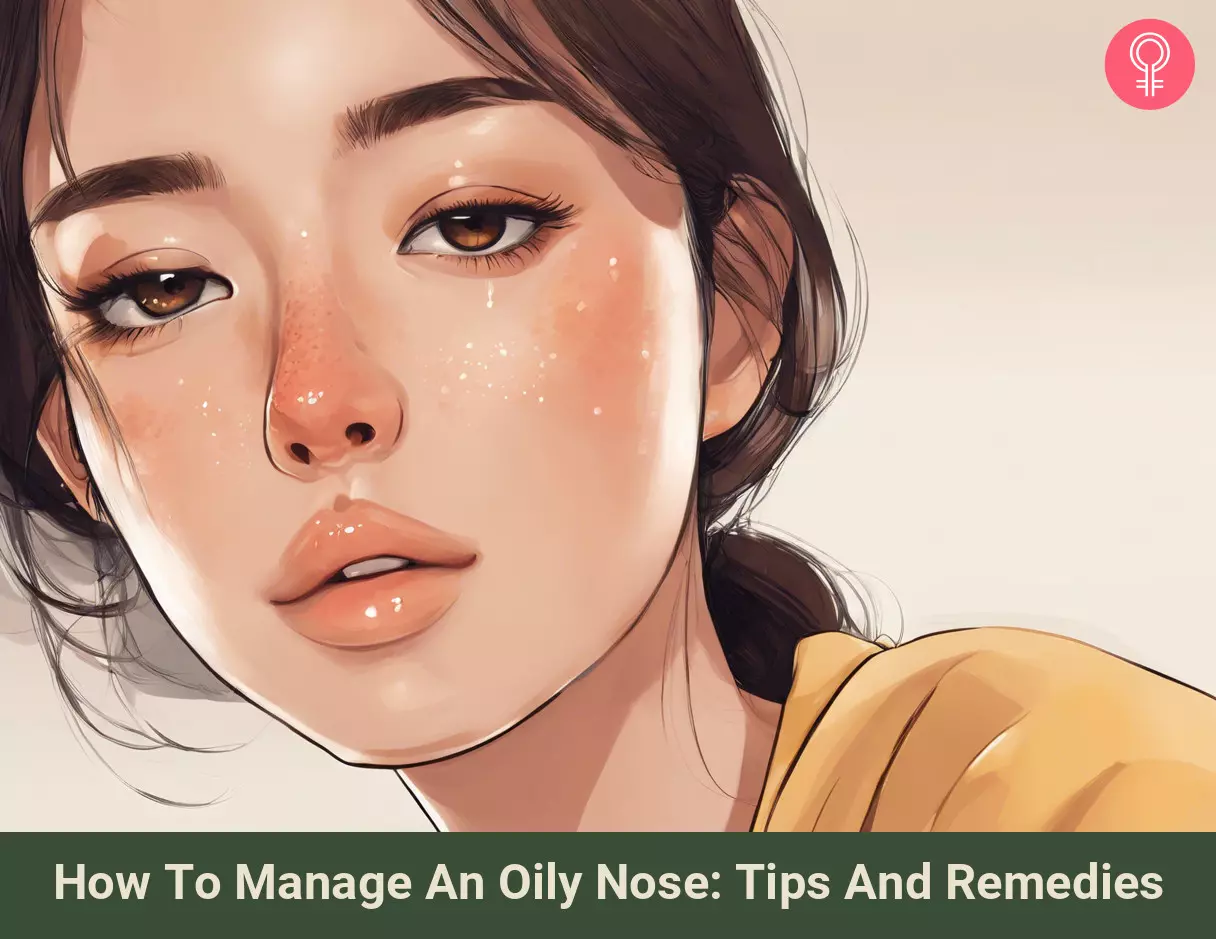
Image: Stable Diffusion/StyleCraze Design Team
Concerned about that oily nose? Watch this informative video and find out the main causes behind it and get remedies to combat excess oil and achieve a shine-free nose.
References
Articles on StyleCraze are backed by verified information from peer-reviewed and academic research papers, reputed organizations, research institutions, and medical associations to ensure accuracy and relevance. Read our editorial policy to learn more.
- Oily Skin: A review of Treatment Options,
https://www.ncbi.nlm.nih.gov/pmc/articles/PMC5605215/ - Dietary Patterns Associated with Sebum Content, Skin Hydration and pH, and Their Sex-Dependent Differences in Healthy Korean Adults,
https://www.ncbi.nlm.nih.gov/pmc/articles/PMC6471406/ - An update on the role of the sebaceous gland in the pathogenesis of acne,
https://www.ncbi.nlm.nih.gov/pmc/articles/PMC3051853/
Read full bio of Dr. M. Khawar Nazir
Read full bio of Eshna Das
Read full bio of Shiboli Chakraborti











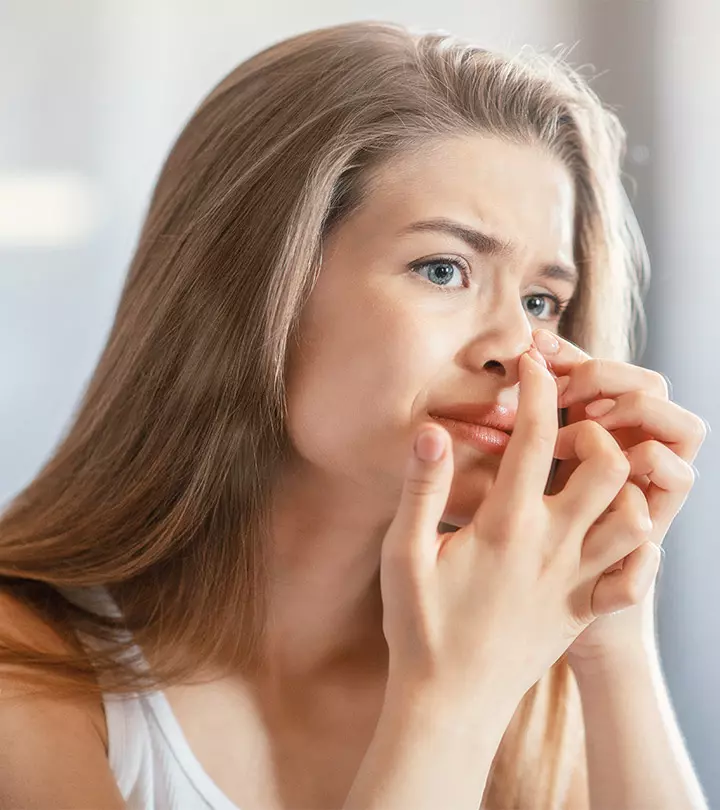

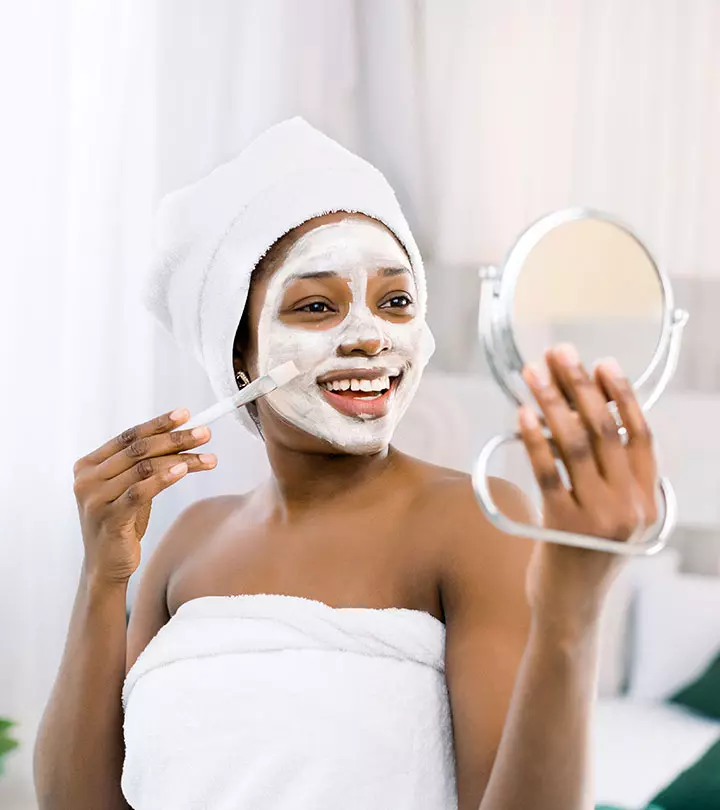
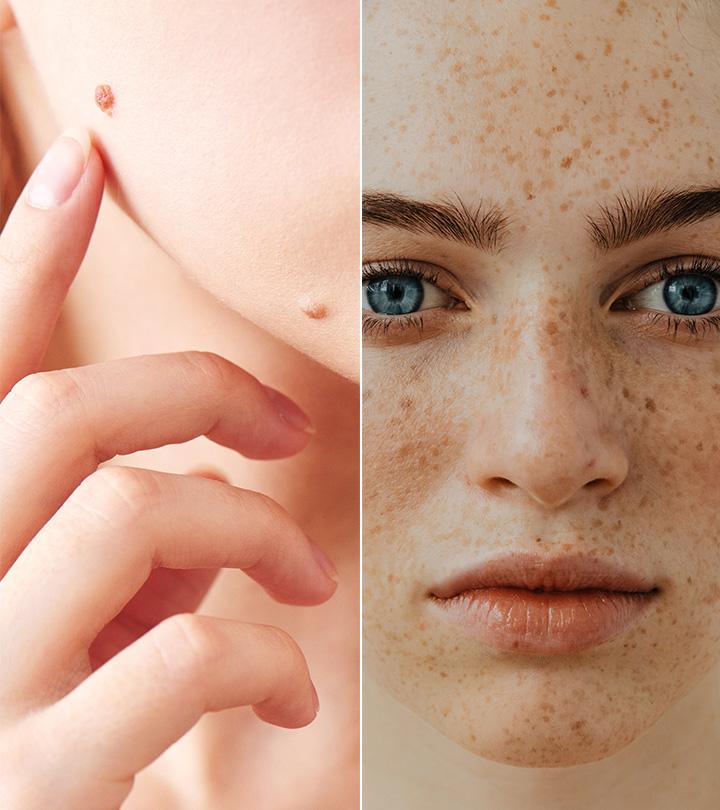



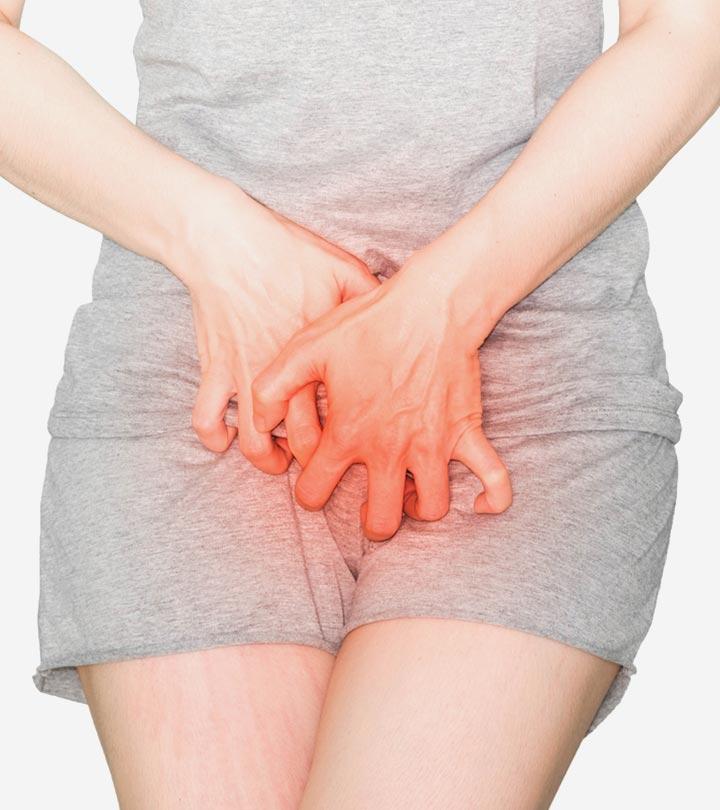
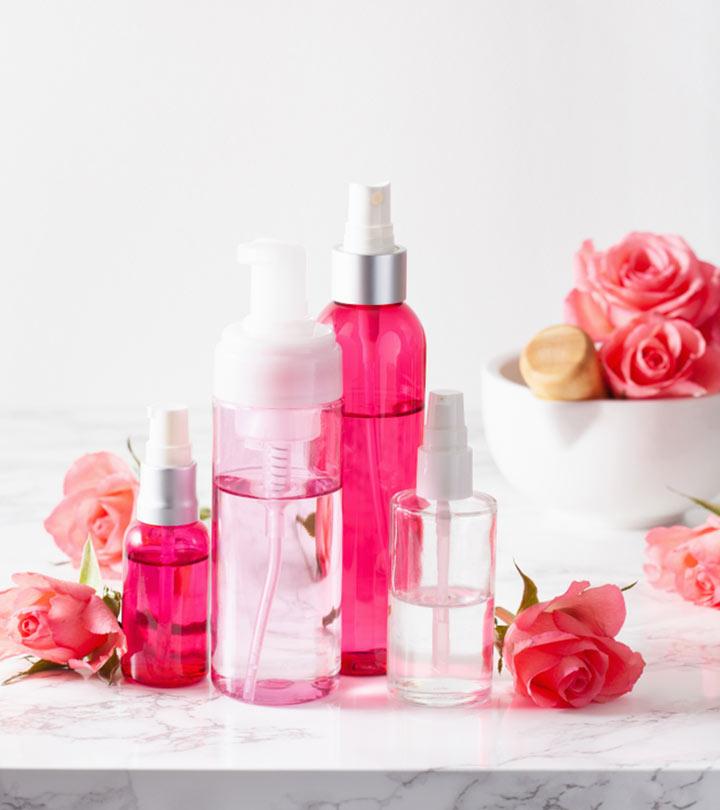
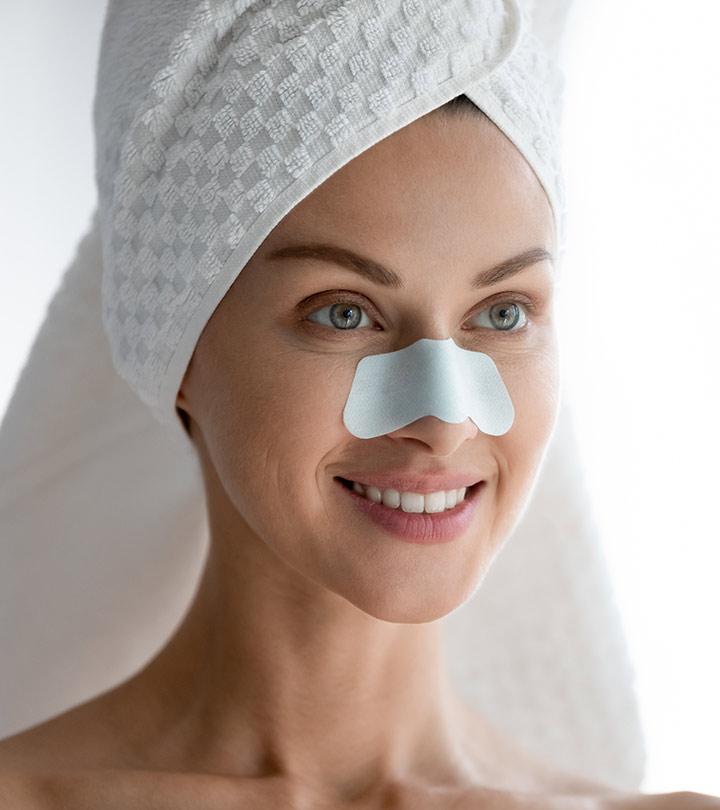


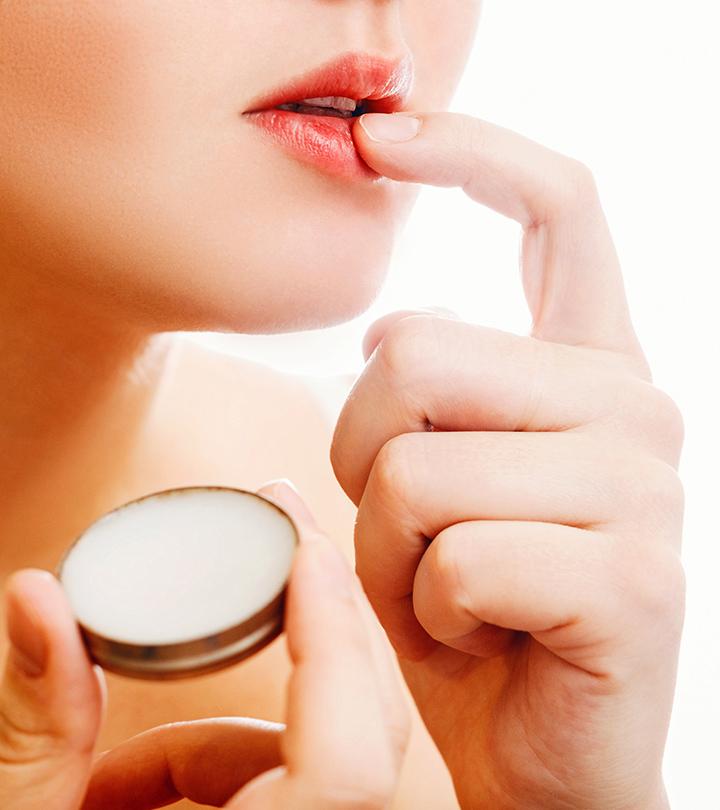


Community Experiences
Join the conversation and become a part of our empowering community! Share your stories, experiences, and insights to connect with other beauty, lifestyle, and health enthusiasts.